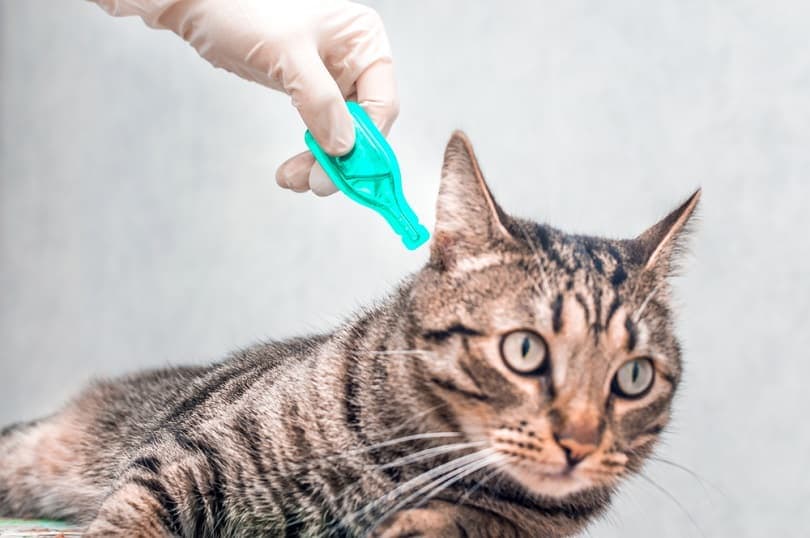Can Cats Eat Weed? Nutrition Facts & Safety Guide

Updated on
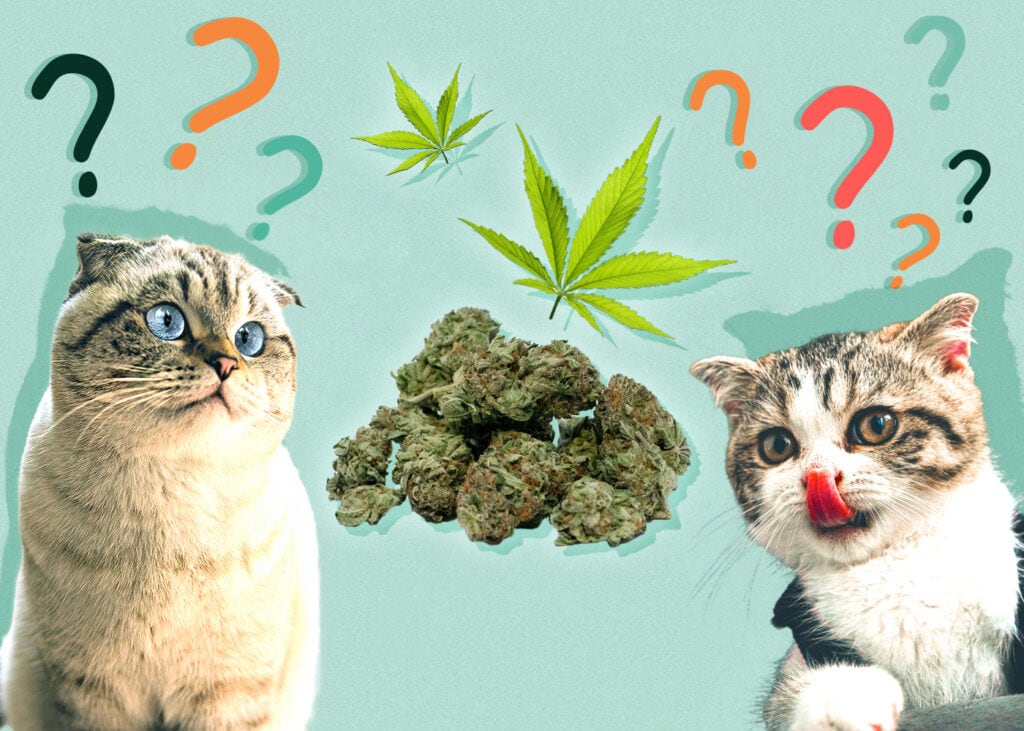
With marijuana becoming legal in an increasing number of states for both medical and recreational use, it can lead people to wonder what will happen if their pets happen to access their supply. Two decades ago, pets consuming weed was rare, but these situations are now becoming more common.
Cat owners know that their feline friends are curious and like to investigate their surroundings. Since many cats are drawn to plants and greens like catnip, what happens if they get into marijuana? Can cats eat weed? Is it safe for them?
The ASPCA states that marijuana is toxic to cats. So no, cats cannot eat weed. Cats should not ever be offered weed in any form. Marijuana should be kept away from all pets in the house. If your cat happens to sneak into some and eat it, your vet should be contacted immediately. The toxicity and risks will depend on the health and age of your cat, their weight, and how much of the weed they ate.
The sooner their treatment starts, the better their chances are at overcoming the toxicity. While they should never have been given weed, they can survive eating some if the proper steps are taken.
Let’s find out more.
What Is Weed?
Weed is a slang term for marijuana or cannabis. It refers to the dried leaves of the cannabis plant (Cannabis sativa). It is primarily smoked, inhaled, and eaten today for medical and recreational purposes.
There are more than 100 chemical compounds, called cannabinoids, in weed. The one that gives humans and animals psychoactive effects—or makes them high—is tetrahydrocannabinol or THC. Weed was outlawed in the 1970s and was illegal to use or possess. States began legalizing it in the 1990s for medical use. Today, nine states have legalized it for recreational use. Due to these legalizations, the exposure to pets has increased.
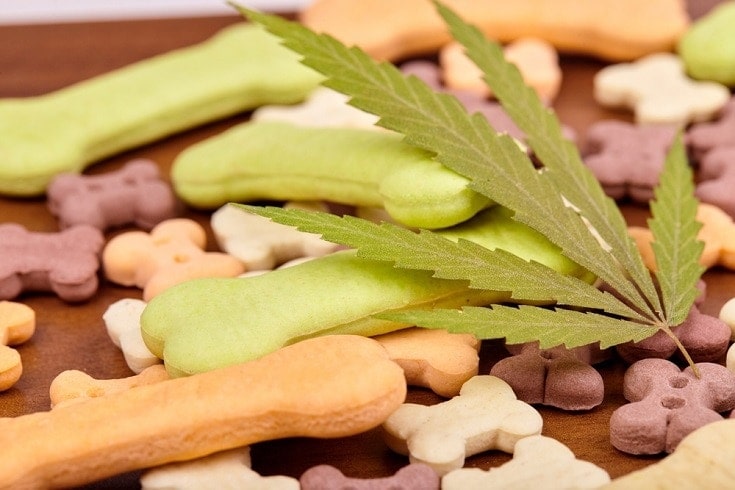
Do Cats Like Weed?
Unfortunately, some cats seem to be drawn to the smell of weed in its dry, bud form. If they gain access to it, they can eat it without stopping until it’s gone in some cases. Since they have no sense of portion control, they could eat a toxic amount. This is also true if the marijuana is baked into an edible, like brownies or cookies. If your cat has access to these edibles, they could consume a dangerous amount of weed.
There is no exact amount that will be toxic to every cat. A very small amount may affect one cat differently than another. There is no safe level of exposure. Since cats are attracted to marijuana, it’s important to make sure it’s stored in a place that your cat cannot access.
Is Weed Immediately Fatal to Cats?
Weed toxicity in cats is rarely fatal. However, cats have died from weed toxicity. Deaths have been reported after cats ate a high concentration of medical-grade marijuana.
Anything drug that is consumed is metabolized by the body. THC is metabolized in the liver and then mostly excreted from human bodies. The rest is filtered out by the kidneys. Depending on how much weed the cat consumes, they may not be able to metabolize it. Since their bodies can’t remove it quickly, they are poisoned by it.
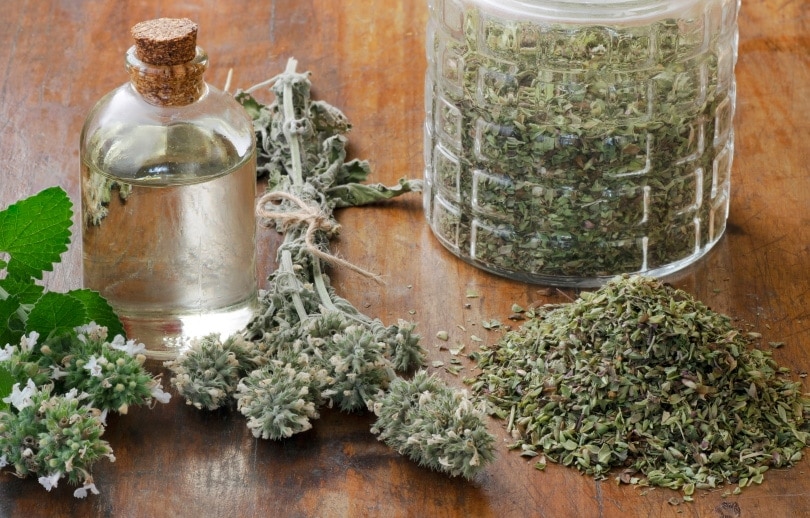
Symptoms of Weed Poisoning in Cats
If you suspect that your cat has consumed THC in any form—dried, oils, secondhand smoke, or edibles—contact your vet right away. If this is caught early enough, your vet can provide treatment to try to counteract the effects. Sometimes, though, cats get into a weed stash, and their owners don’t know until they start showing symptoms.
Knowing what to look for can help you give the vet the information that they need to treat your cat. Some things to watch for include:
- Falling over
- Lethargy
- Incoordination
- Depression
- Agitation
- Anxiety
- Seizures
- Drooling
- Extreme fatigue
- Dilated pupils
- Vomiting
Vomiting is especially important to watch for because if cats go into a coma-like state, they could aspirate. At the first sign of toxicity, take your cat to the vet.
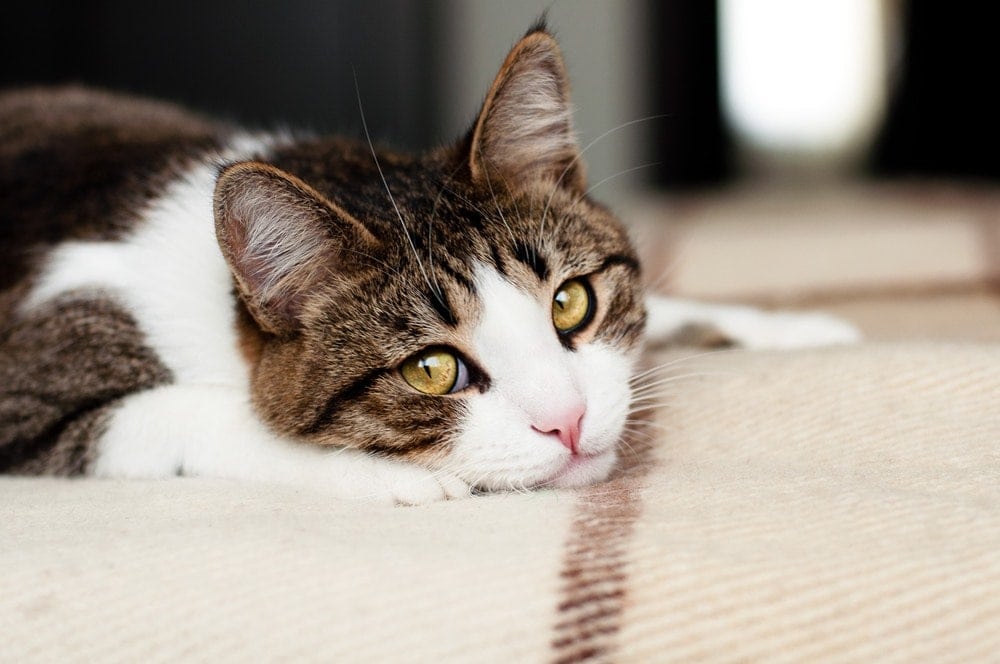
Treatment for Marijuana Toxicity in Cats
With any poisoning incident, the sooner that you seek treatment for your cat, the better their chances of surviving. Upon arrival, your vet will assess your cat and monitor their symptoms. They may decide to induce vomiting if ingestion occurs within 1–2 hours and their symptoms are not severe yet. Activated charcoal may be given to help absorb the toxins and remove them from the body quickly.
Once the symptoms have set in, treatment can include supportive care measures such as anti-nausea medications, IV fluids, anti-anxiety medication, and heart and blood pressure monitoring.
Exposure to Marijuana
Cats are usually exposed to secondhand smoke by people smoking inside the home. You might not think that this would affect your cat. I, but it’s still dangerous to force your cat to inhale any kind of smoke, especially if they have asthma or respiratory issues. Cats can start showing signs of marijuana toxicity just from breathing in the smoke. When owners purposely blow smoke into their cats’ faces, this is animal abuse and puts the cats in danger. Don’t do this.
Cats can also be exposed to unsupervised weed. Leaving bags or half-smoked joints lying around for your cat to discover puts them at risk. They can find these items and eat them.
Edibles made with weed are also dangerous to cats. Since cats are curious by nature, they may want to sample that weed-infused cookie or lick marijuana butter. Keep all edibles safely out of your cat’s reach. The risks here are increased if your cat eats anything with chocolate in it. Chocolate by itself is toxic to cats. Combined with weed, it can be especially fatal.
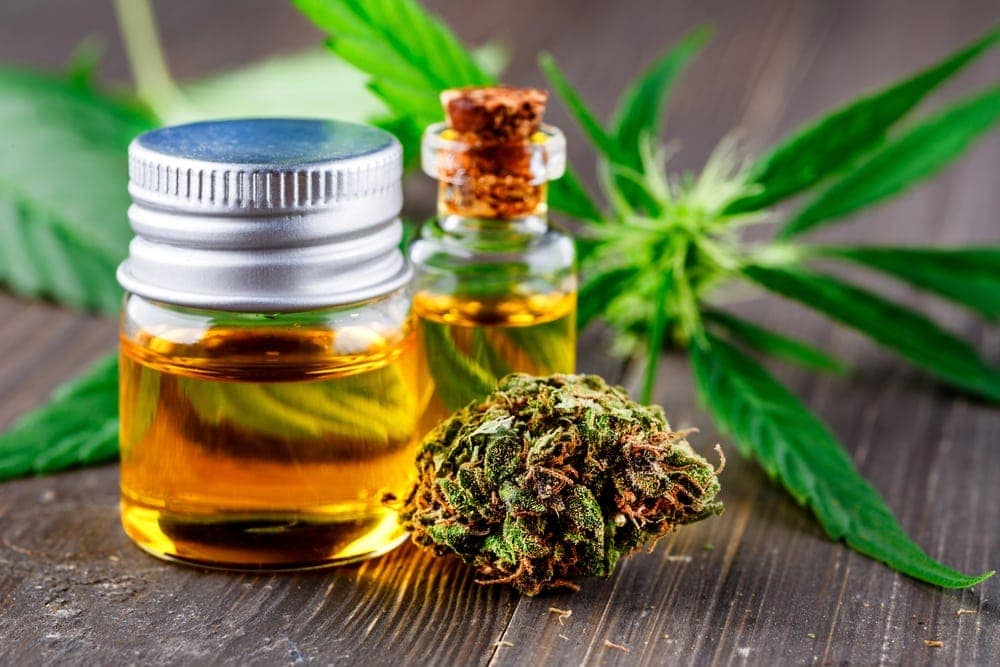
Is Catnip Weed for Cats?
Catnip is not related to marijuana and does not have the same effects as THC does on cats. Catnip is actually a member of the mint family and contains an essential oil called nepetalactone. The catnip plant in its live or dry form is completely harmless to cats. They can smell, chew, and eat the leaves without any negative health effects.
When a cat smells catnip, the nepetalactone stimulates the “happy” receptor in the brain. It mimics a sex pheromone for cats and causes them to react by rubbing, rolling, vocalizing, and salivating. When a cat eats catnip, they tend to mellow out and relax. These effects from either smelling or eating catnip usually last around 10 minutes. After that, cats are immune to catnip for around 2 hours.
Not every cat will experience this reaction, though. An estimated 50% of cats are not sensitive to catnip at all and show no response.
What About CBD?
Cannabidiol, or CBD, is the second most active ingredient in the cannabis plant following THC. While it’s present in cannabis plants, it’s mostly derived from hemp plants that contain less than 0.3% THC. Studies have shown that CBD can relieve pain in dogs with arthritis and control seizures in dogs with epilepsy. CBD appears to be safe for cats, but high doses of it can cause fatigue or stomach upset.
There is no regulation regarding CBD products for cats. This means many low-quality CBD products are available containing little to no CBD, or much more than is reported on the label. Since cats are highly sensitive to medications and toxins, it’s always best to check with your vet before adding CBD in any form to your cat’s routine.
Keep Weed Away From Your Cat
Weed in any form should always be kept away from your cat. Dried marijuana leaves, edibles, oils, butter, and candies should always be stored in a place that your cat cannot access. If you’re going to smoke weed, do it outdoors and away from your cat. They shouldn’t breathe in secondhand smoke.
Never give your cat anything to eat or drink that has marijuana in it.
Now that you know what you can safely feed your cat, it’s just as important to find a bowl that supports their health and well-being. With whisker-friendly bowls and a wide tray to catch any spills, our Hepper NomNom Cat Bowl is our favorite option.

Final Thoughts
With an increase in the number of cases involving weed consumption in pets, it’s important to know what to do to keep your cat safe if you use medical or recreational marijuana. While you can decide to do this, your cat cannot. Too much marijuana can cause toxicity and illness in cats.
If you suspect that your cat has consumed weed, it’s important to speak to your vet right away. If you notice any signs of marijuana toxicity, bring your cat to the vet immediately. Quick treatment is the key to helping your cat recover.
Related Reads:
Featured Image Credit: ElRoi, Shutterstock

